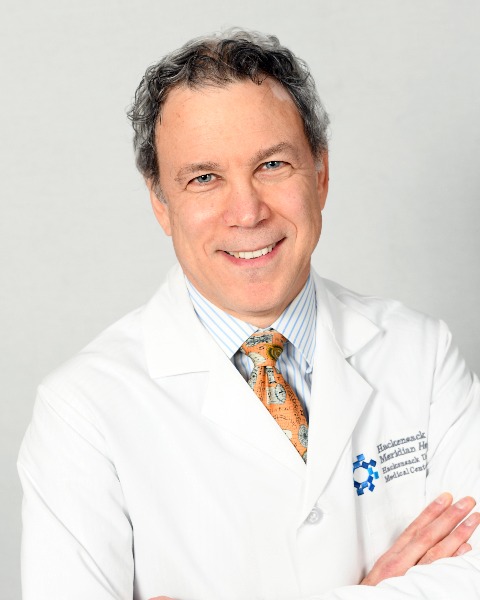ECMO and Circulatory Support
Mechanical Circulatory Support for Cardiogenic Shock: Past, Present, and Future
-

Steven Hollenberg, MD, FACC, FAHA
Professor of Medicine
Hackensack Meridian Health Hackensack University Medical Center
West New YorkNo relevant financial relationship(s) to disclose
Concurrent Session Moderator(s)
Cardiogenic shock after acute myocardial infarction requires immediate resuscitative therapy to prevent irreversible organ damage. Mortality, although decreased significantly, remains high. Intensivists more frequently encounter patients with cardiogenic shock. The key to a good outcome is an organized approach, with rapid recognition and prompt initiation of therapy to improve hemodynamics, tissue perfusion, ventilatory support, and reversal of the underlying cause. The concept of establishing ventricular support before revascularization stresses the notion that unloading the left ventricle is key to its recovery. Different percutaneous devices for mechanical support have different effects on left ventricular afterload and myocardial oxygen demand. An understanding of the advantages and disadvantages of these devices helps the clinician select the right device in the right setting.
Learning Objectives:
- Appraise the evidence supporting the use of mechanical circulatory support (MCS) in cardiogenic shock
- Describe indications and contraindications to the use of different MCS devices
- Illustrate the advantages and disadvantages of each MCS modality
Presentations:
-
Intra-Aortic Balloon Pump
Concurrent Session Faculty: Sammy Zakaria, MD, MPH, FCCM – Johns Hopkins Bayview Medical Center
-
Percutaneous Axial Flow Pump
Concurrent Session Faculty: Ann Gage, MD – Centennial Heart
-
Extracorporeal Membrane Oxygenation: Mechanical Circulatory Support for Cardiogenic Shock: Past, Present and Future
Concurrent Session Faculty: Saraschandra Vallabhajosyula, MD, MSc, – Wake Forest Baptist Medical Center
